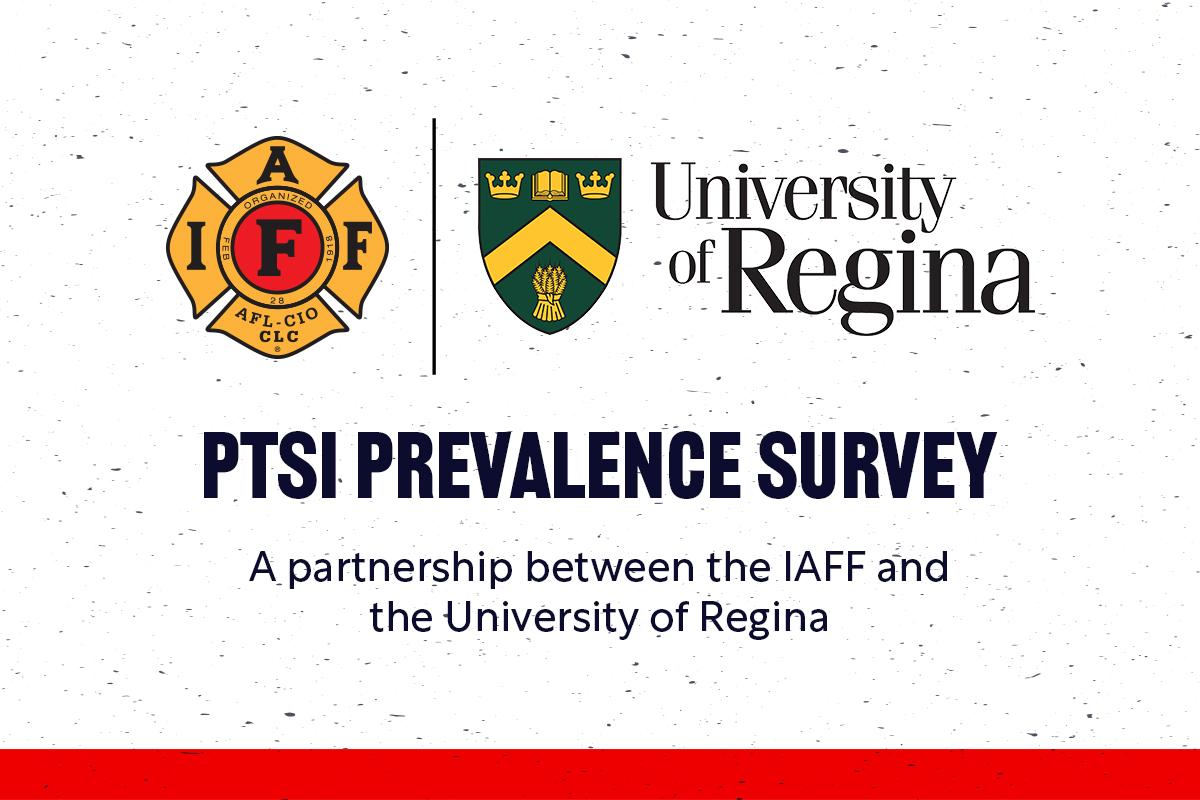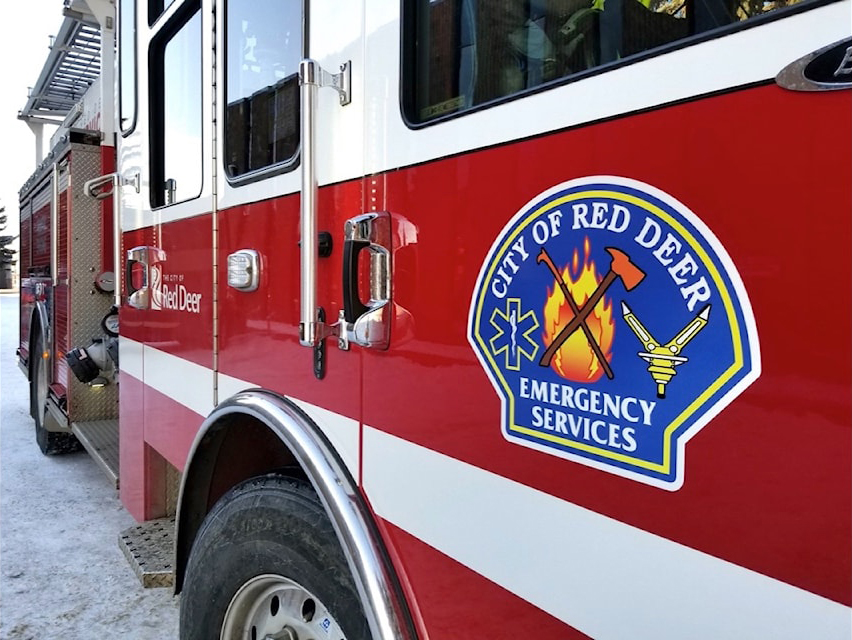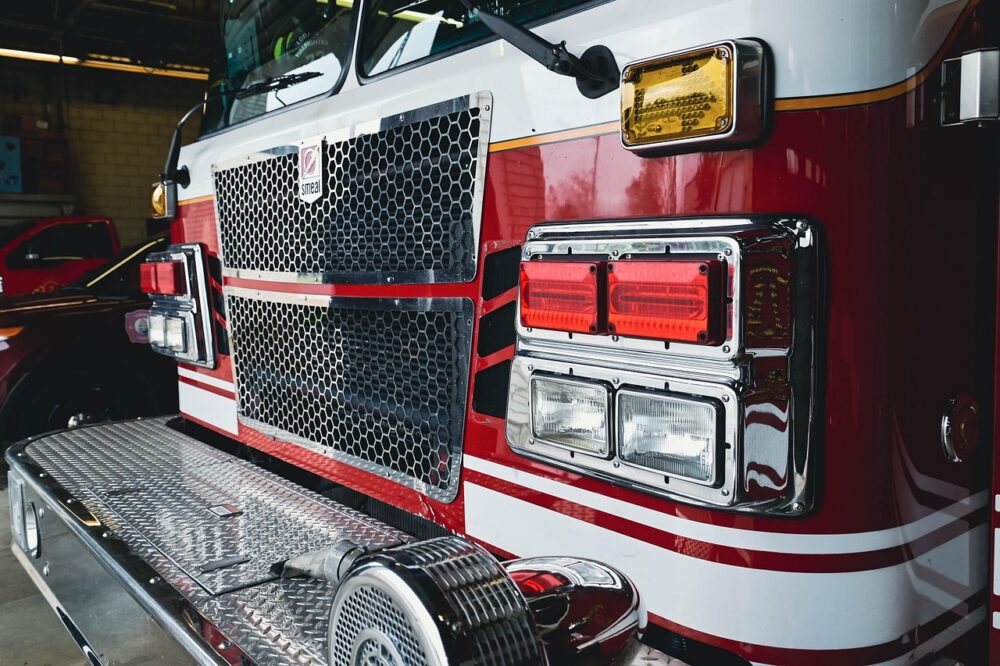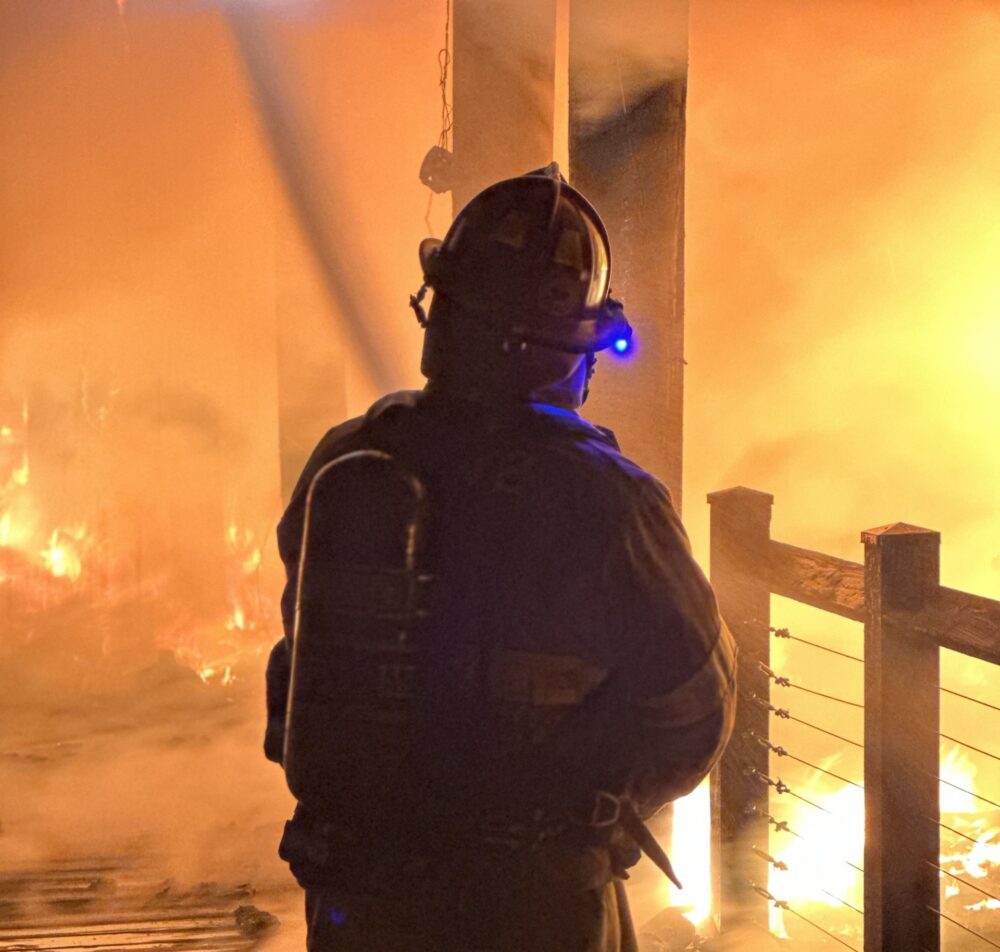Canada’s fire fighters are being asked to help fill the most comprehensive picture to date of post-traumatic stress injuries among first responders – and the IAFF is urging members to take part.
The IAFF, together with police and other first responder organizations, is funding and supporting a new national PTSI prevalence survey led by the University of Regina. The anonymous, online assessment gathers detailed information about work experiences that contribute to trauma, with the goal of updating national estimates of PTSI, identifying what supports are missing and strengthening the resources available to those on the front lines. The survey takes 60 to 90 minutes to complete and can be completed over multiple sessions prior to the Dec. 31, 2025 deadline.
“This is about making sure fire fighters’ real experiences shape the treatments and support systems built for them,” said General President Edward Kelly. “By participating, IAFF members are helping ensure the fire service is stronger for the next generation.”
The initiative is led by Dr. Nick Carleton, a registered clinical psychologist and professor at the University of Regina who is a globally recognized expert in trauma-related psychology and first responder mental health.
The current initiative builds on a 2016-2017 University of Regina survey of Canadian first responders and will provide researchers with an updated understanding of the difficult nature of firefighting and policing, as well as the specific impacts these professions have on those who serve and their families.
This is about making sure fire fighters’ real experiences shape the treatments and support systems built for them. By participating, IAFF members are helping ensure the fire service is stronger for the next generation.
general president edward kelly
Details about the survey and a web link were emailed to Canadian IAFF Local leaders earlier this year. Despite strong early participation from police – 284 officers as of mid-November –only 123 fire fighters had completed the survey. The IAFF is hoping to see a significant increase in member participation to ensure researchers have the strongest, most accurate data based on fire fighters’ real experiences when designing PTSI treatments.
“This is one step every member can take to improve the Canadian fire service,” Kelly said. “Your participation ensures the needs of fire fighters are represented when national decisions are made about behavioral health resources for first responders.”
Canadian IAFF members can obtain survey details and the access link from their Local president or secretary, or by emailing [email protected].



